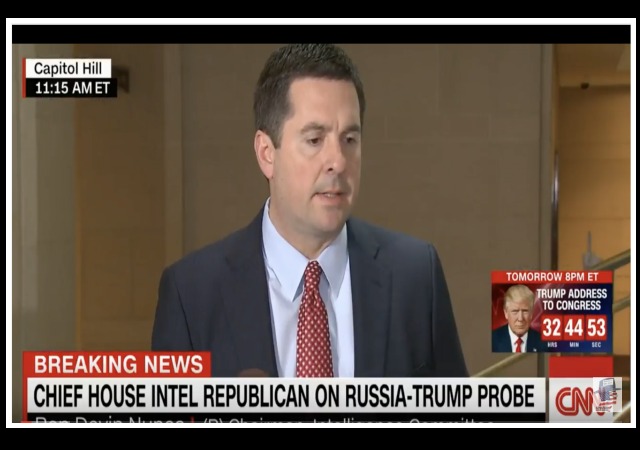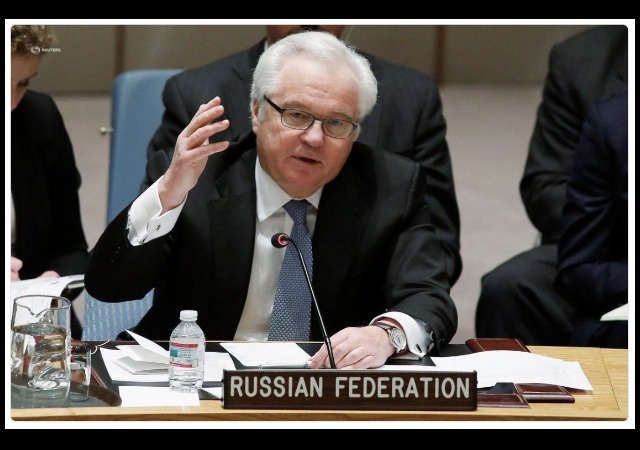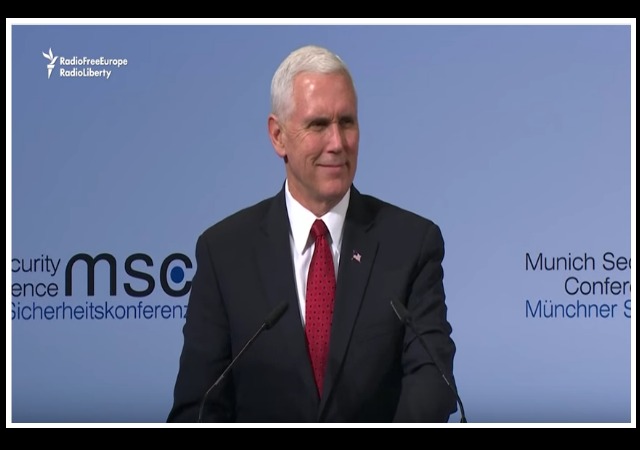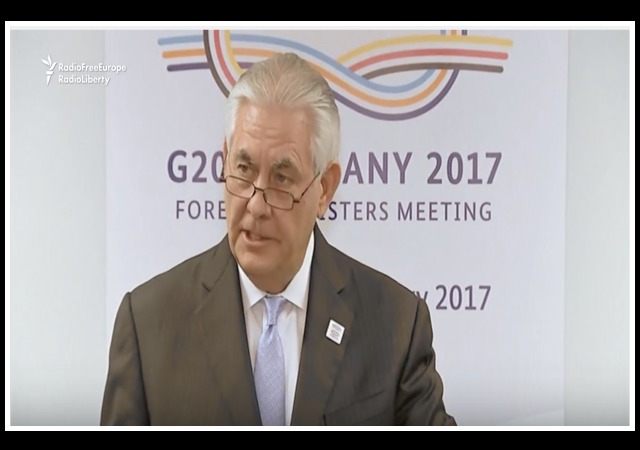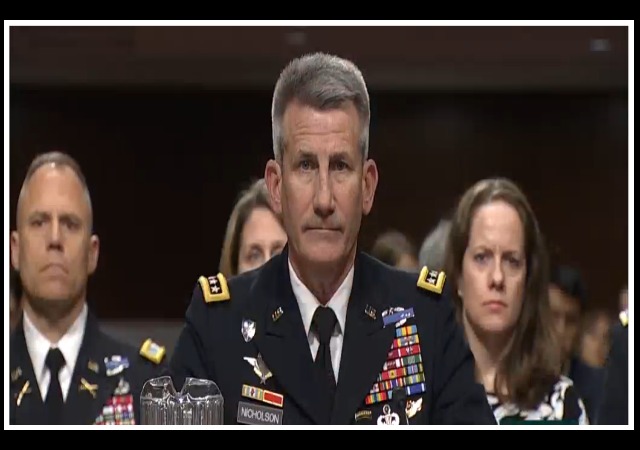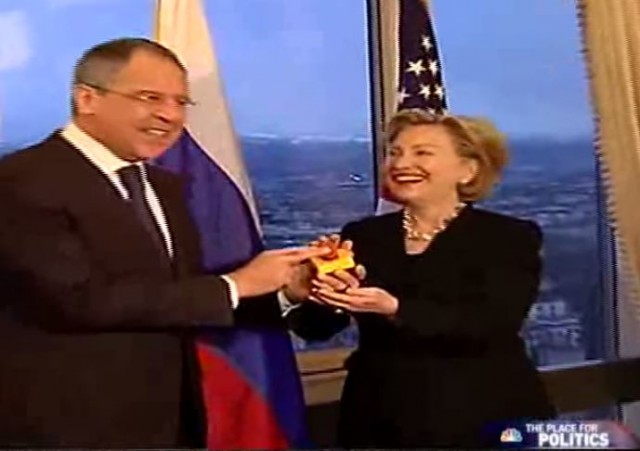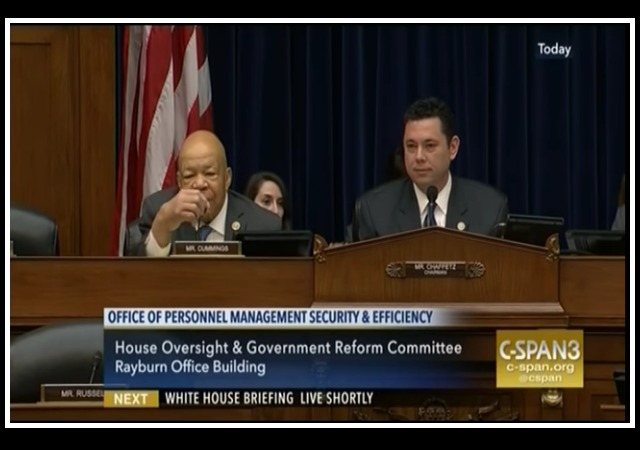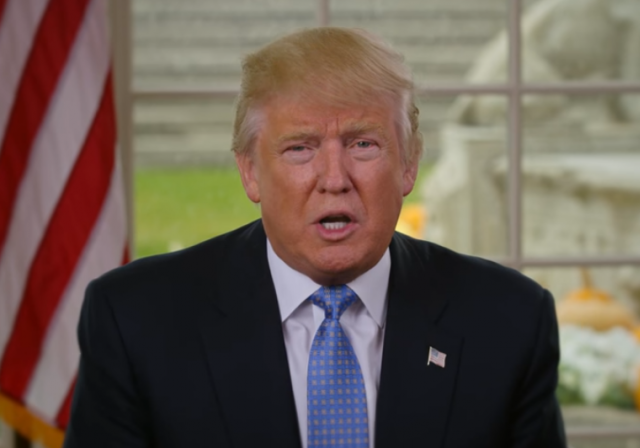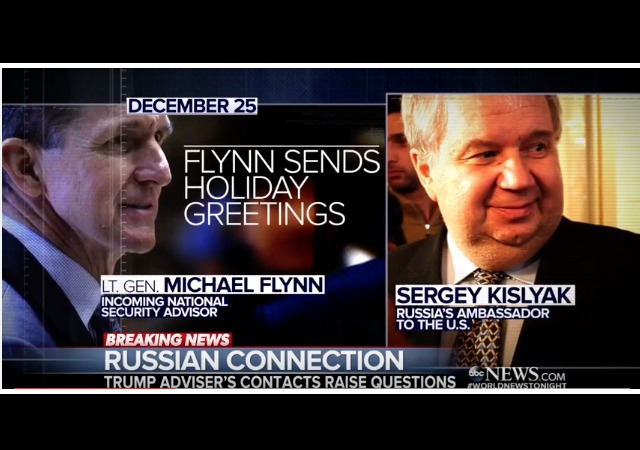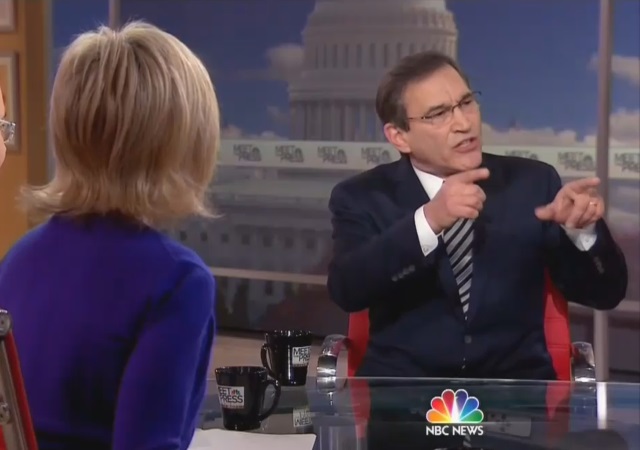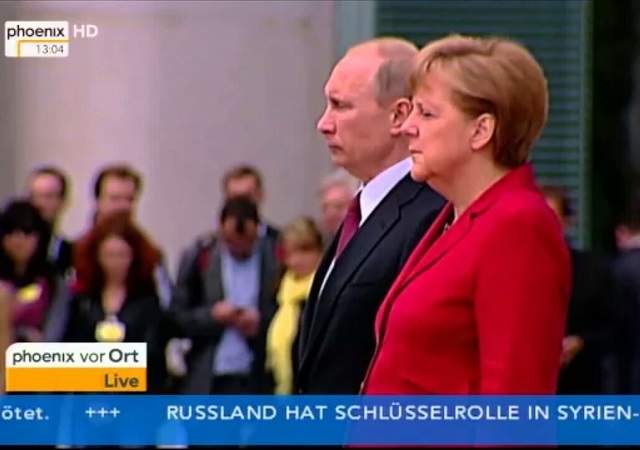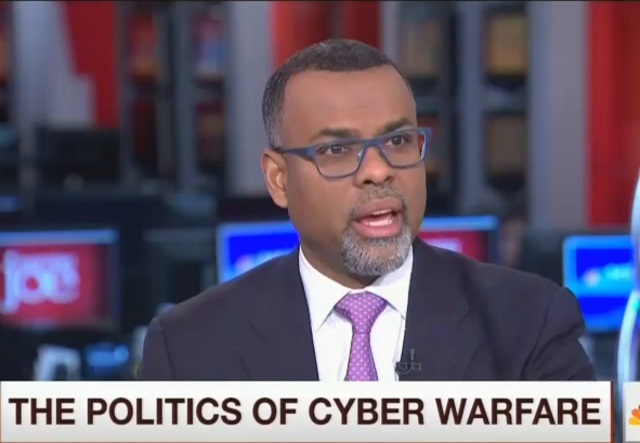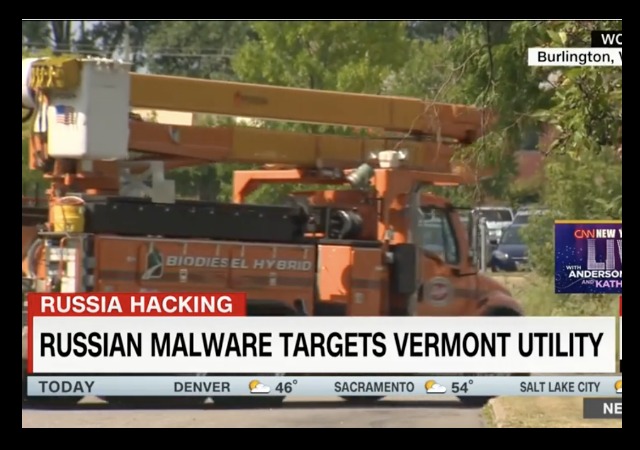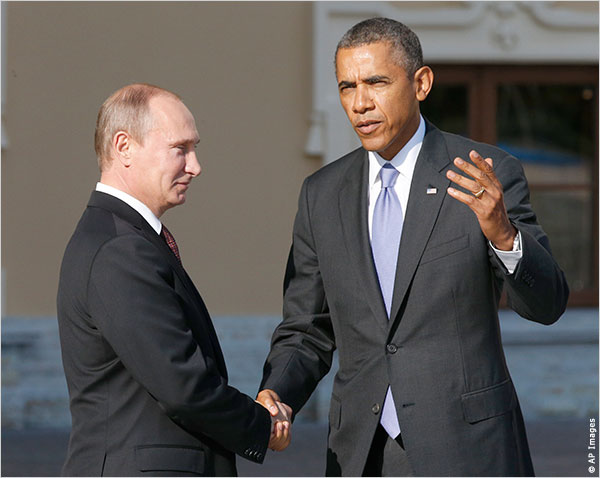Read the Questions – WaPo creates Sessions media firestorm over nothing
on March 02, 2017
24 Comments
The witch hunt against President Donald Trump and his administration continues in the mainstream media. Last night, The Washington Post reported that Attorney General Jeff Sessions spoke to the Russian ambassador twice during the campaign, which he did not mention during his confirmation hearing.
Thing is, the article disproves the newspaper's thesis. Sen. Patrick Leahy (VT) asked Sessions if he had been in contact with any Russian government officials about the 2016 election. Sessions said no.



